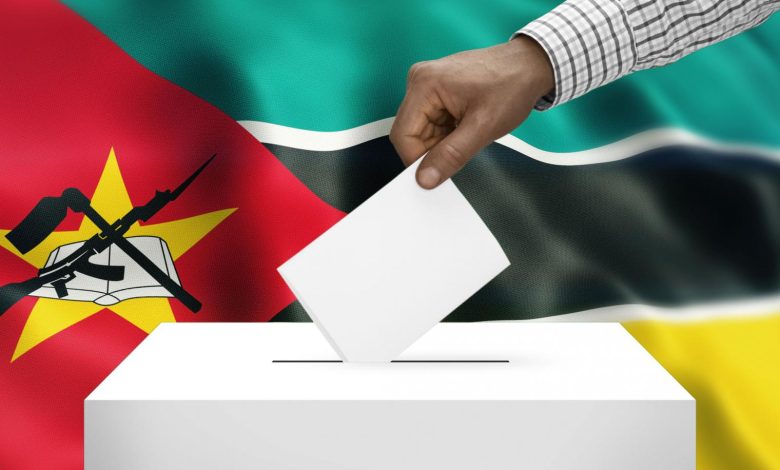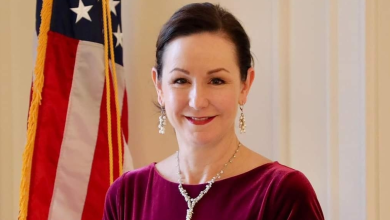Zimbabwe Rejects Allegations of Interfering in Mozambique’s Elections

Zimbabwe has firmly denied allegations that it interfered in Mozambique’s recent elections, dismissing claims made by the Southern Region Human Rights Defenders Network and opposition figure Venancio Mondlane. These accusations have been linked to the Brenthurst Foundation, a controversial entity accused of promoting Western interests and undermining African liberation movements.
Understanding Mozambique’s Diaspora Voting
Mozambique’s legal framework allows citizens residing abroad to vote in presidential and parliamentary elections, provided the National Electoral Commission (NEC) confirms readiness in respective regions. The diaspora voting process in Zimbabwe complied with Mozambican electoral laws, as no objections or irregularities were reported during the election period
Frelimo’s Strong Presence in Zimbabwe
Frelimo’s electoral campaign in Zimbabwe was robust, involving rallies and door-to-door outreach across various provinces, capitalizing on the party’s long-standing presence in the country. The campaign’s effectiveness was evident as Frelimo secured a decisive victory in Mozambique’s elections
Questioning the Credibility of Allegations
Mondlane’s claims of Zimbabwe’s involvement lack substantive evidence, particularly given his minimal engagement with Zimbabwe’s diaspora communities. The Southern Region Human Rights Defenders Network, which supports Mondlane, has been criticized for aligning with external agendas, further casting doubt on its credibility
Dual Citizenship and Historical Ties
Zimbabwe and Mozambique share deep historical ties, including intermarriages and cultural exchanges, resulting in many dual citizens. Critics argue that the inclusion of diaspora voters is consistent with international norms and should not be controversial, especially when aligned with electoral laws
The Brenthurst Foundation’s Role
The Brenthurst Foundation’s involvement in regional electoral issues has raised eyebrows, particularly due to its history of promoting opposition movements and fostering Western-centric narratives in African politics. This has fueled concerns over its motivations in amplifying unsubstantiated claims against Zimbabwe




